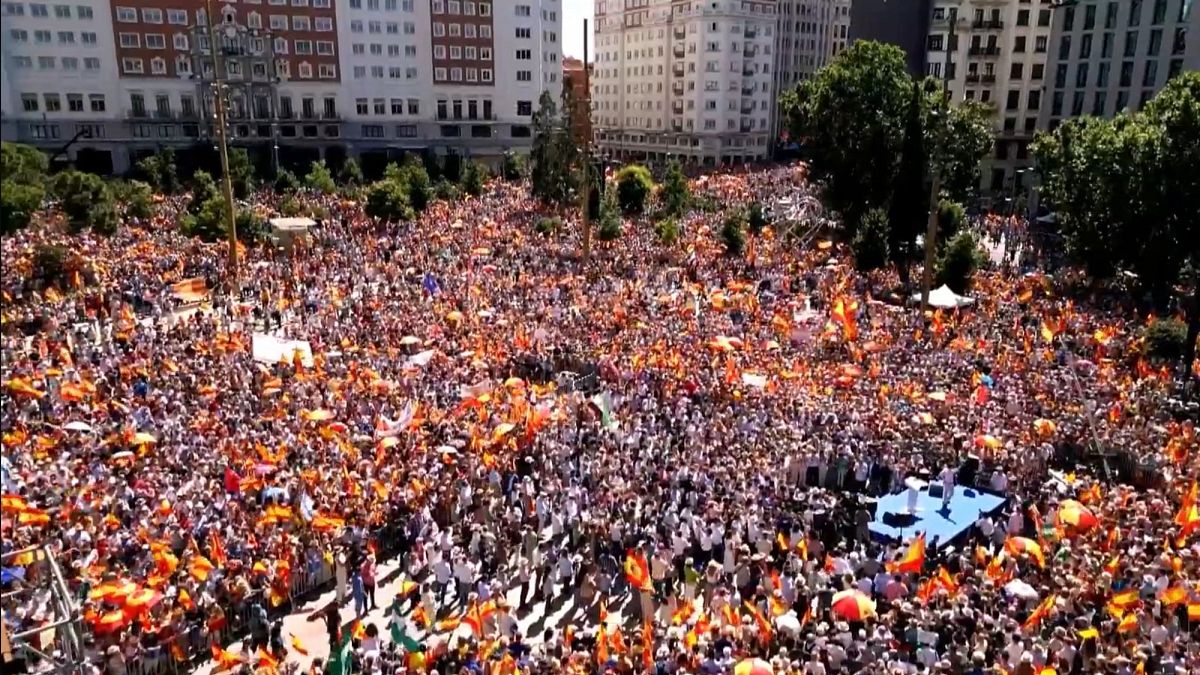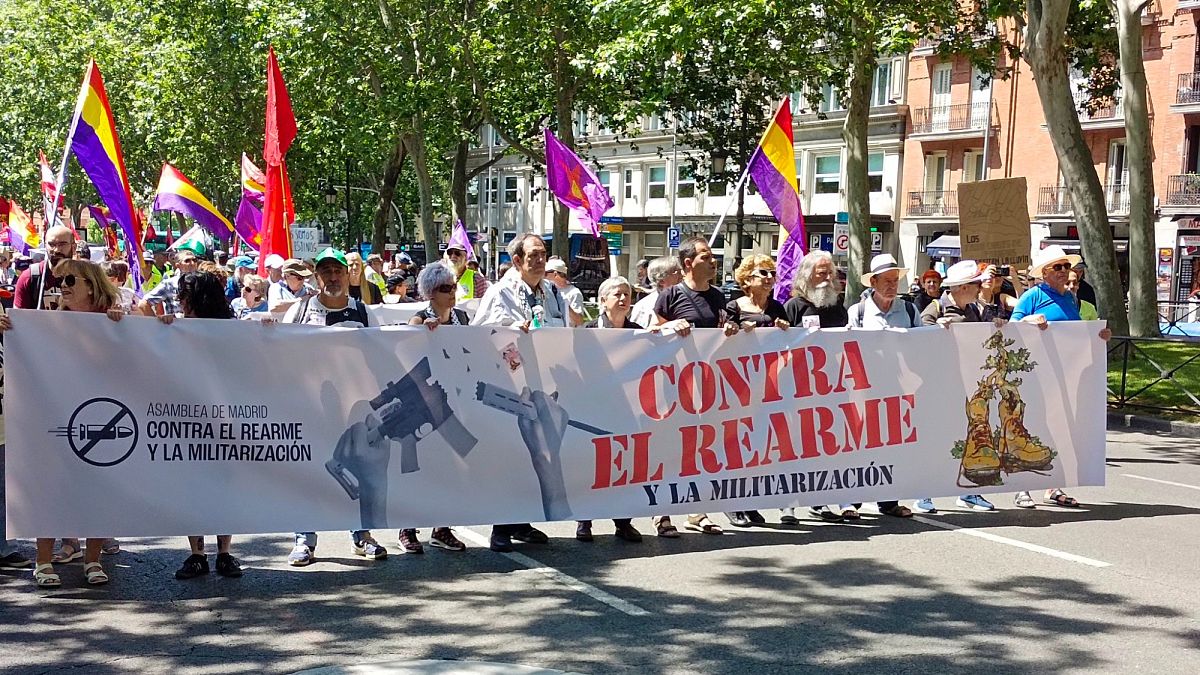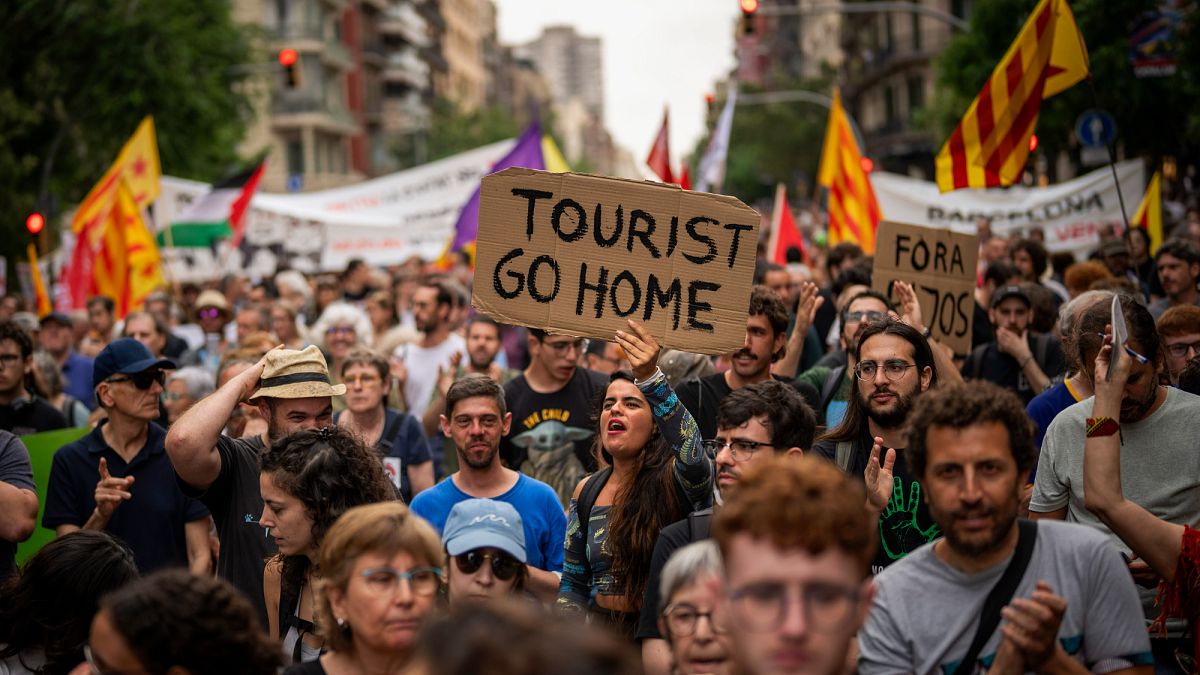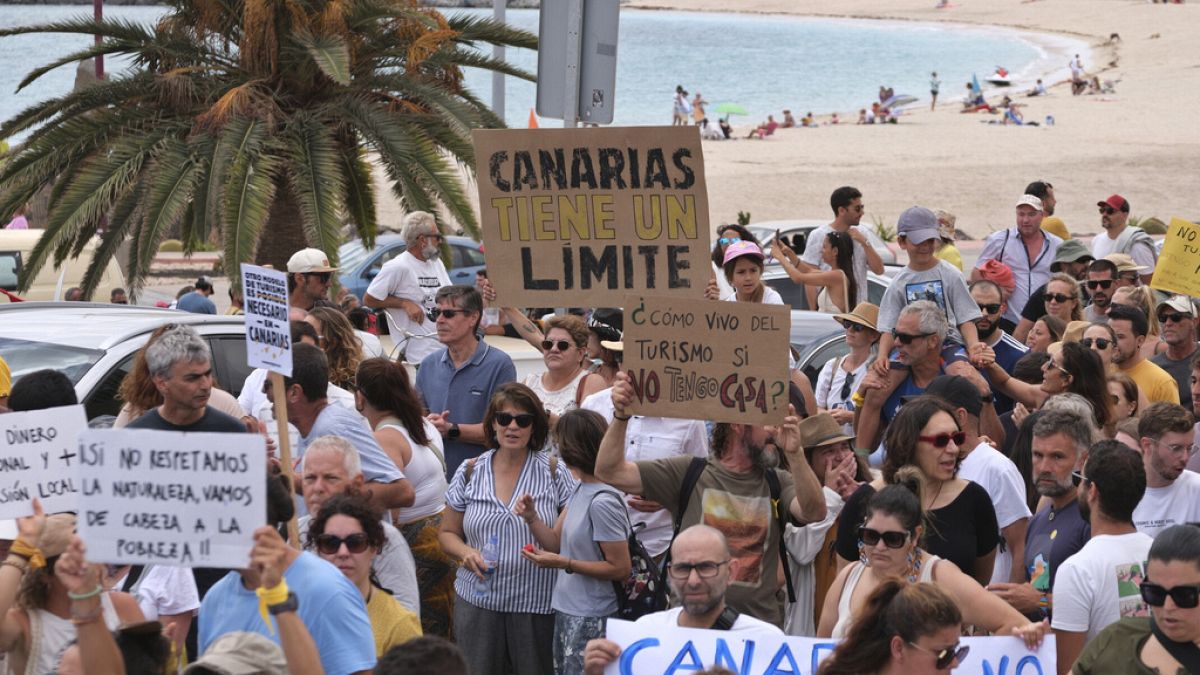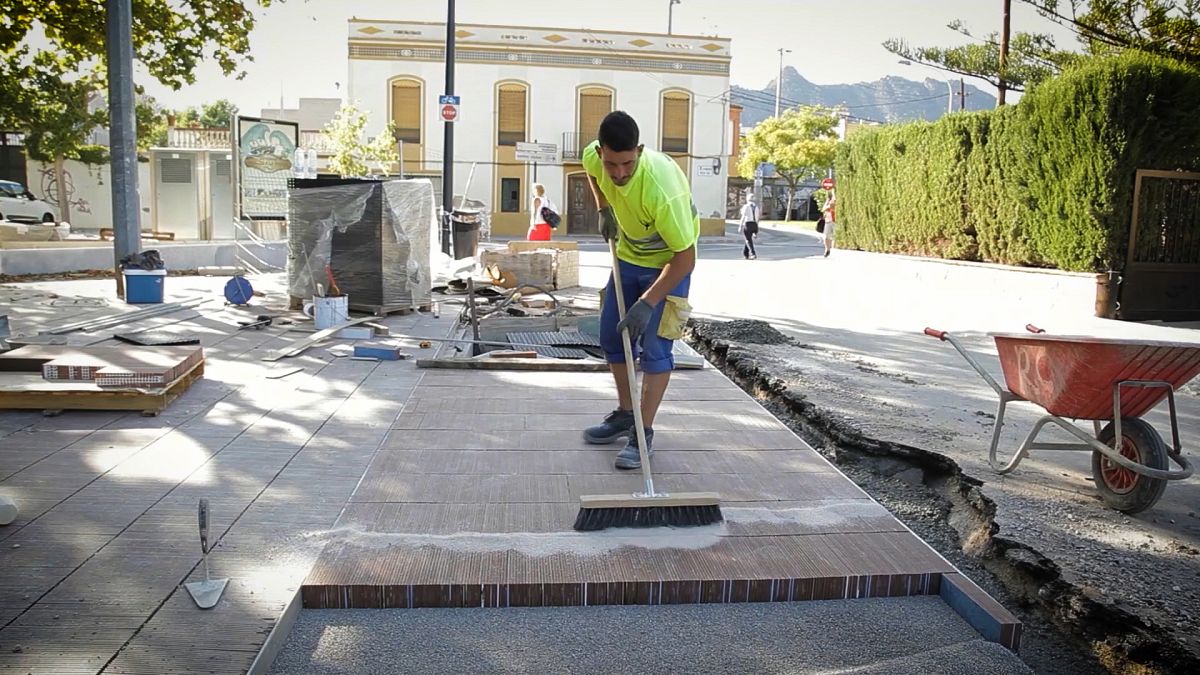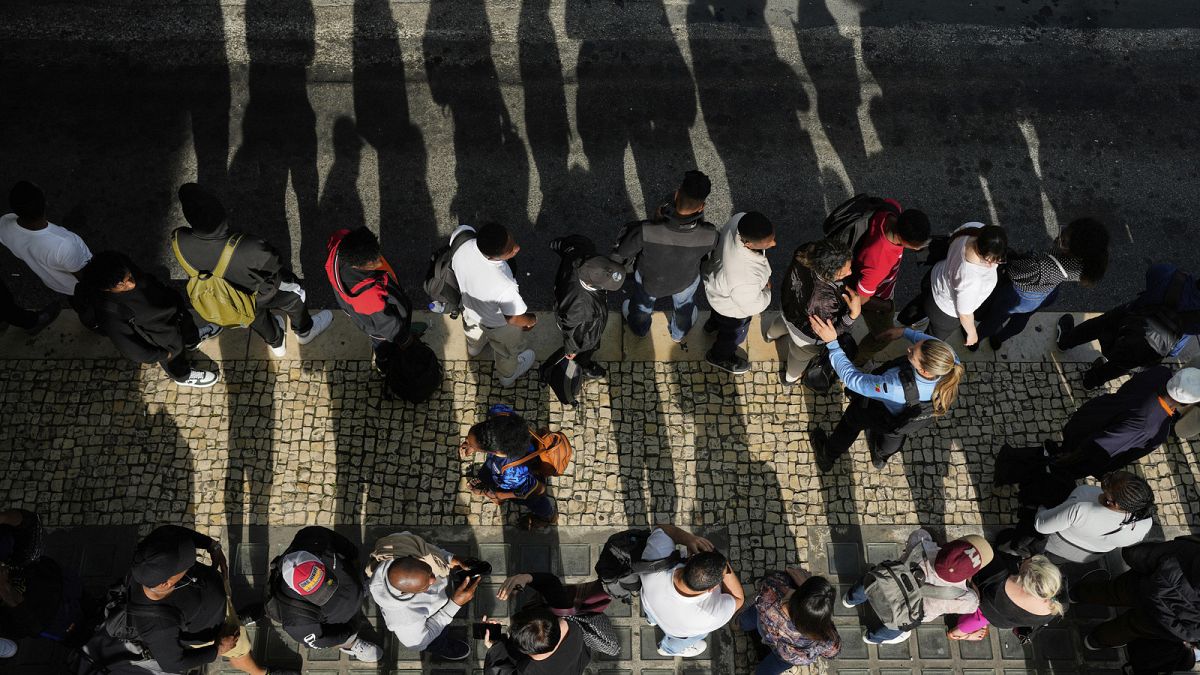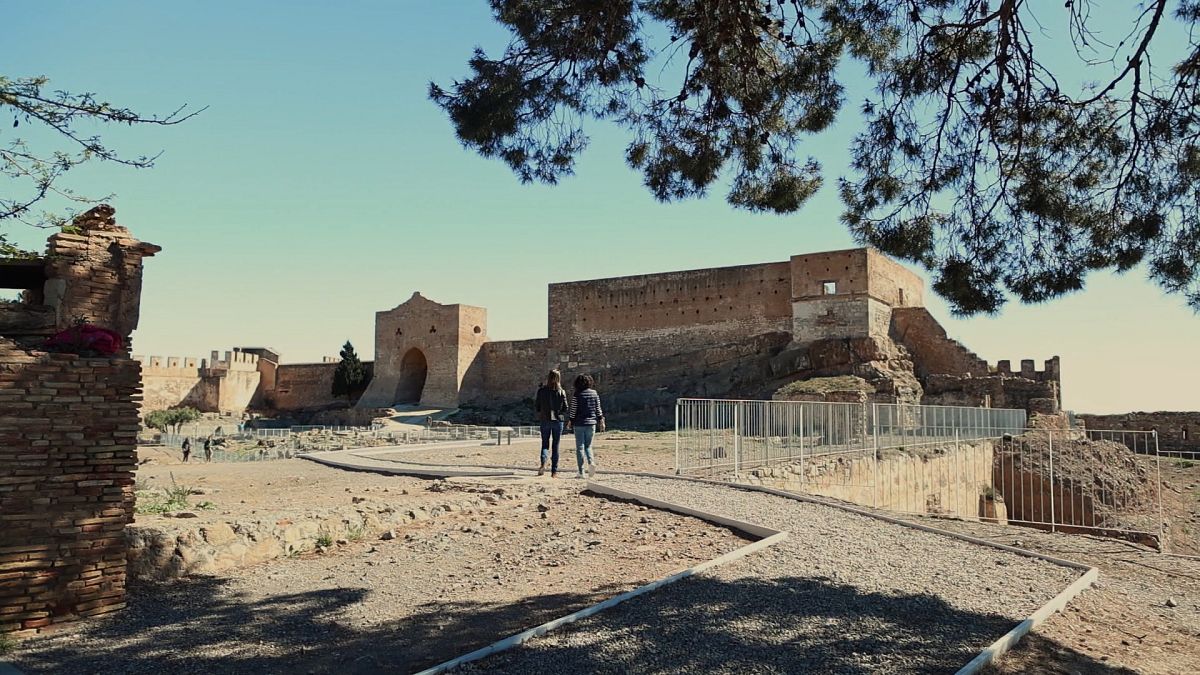Spain’s Sanchez set for re-election as PM amid anger over amnesty deal
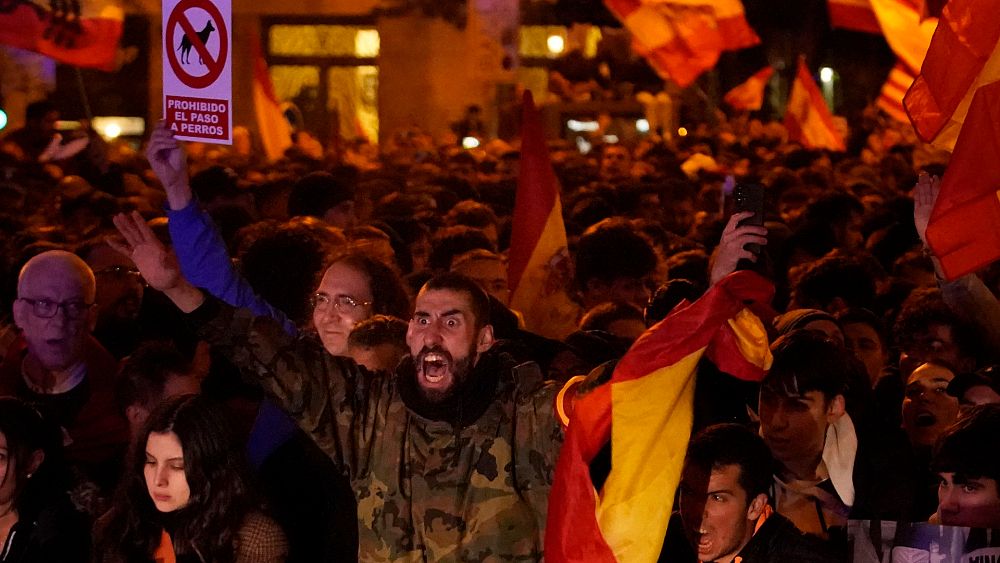
Sánchez is expected to be reelected after his Socialist party reached deals with small parties, including the fringe Catalan separatist party.
Spain’s Parliament is set to reelect Pedro Sanchez as prime minister after a contentious deal that granted amnesty to Catalan separatists in return for support of a new government.
Speaker Francina Armengol said Sanchez’s candidacy will be discussed by party leaders on Wednesday and the vote will take place after the debate on Thursday.
Sánchez, who has been in office since 2018, is expected to be voted in with no problems given that his Socialist party has reached deals with a number of small parties to ensure he has the backing of 179 legislators, three more than the 176 majority required in Parliament in a first vote.
Spain’s 23 July inconclusive elections left all parties without a clear path to form government.
The amnesty legislation has already been registered in Congress and will cover all crimes related to the Catalan separatist movement from 2012 onwards.
The text is also being studied to prevent the creation of legal loopholes and has been sent to Brussels for examination.
“I believe that there is an issue here that perhaps, from a legal perspective, needs to be taken into account, which is the possibility of the Spanish judges raising the famous preliminary ruling question before the Court of Justice of the European Union,” said Leopoldo Abad, a Professor of Constitutional Law at CEU San Pablo University.
“The preliminary ruling would paralyse the application of the law until the Court of Justice rules on that preliminary ruling.”
Sánchez’s Socialist Party hopes that people prosecuted during the independence movement will be able to return to Spain within the next six months.
Carles Puigdemont, the leader of the Catalan separatist party, fled to Belgium after leading the failed 2017 independence attempt for Catalonia.
Spain’s courts have since been trying to have Puigdemont extradited from Belgium. He is considered an enemy of the state by many Spaniards, and hundreds of thousands have already protested against the legislation.
Ahead of Sanchez’s inauguration, officials blocked off access on Wednesday to Spain’s Congress to prevent protesters from surrounding the building. The move came as the assault on the US Capitol or the invasion of Brazil’s institutions by the followers of Jair Bolsonaro, remains fresh in the public’s memory.
Some 1,000 police officers have been deployed to ensure that the democratic process in Spain runs normally.
Source: Euro News



